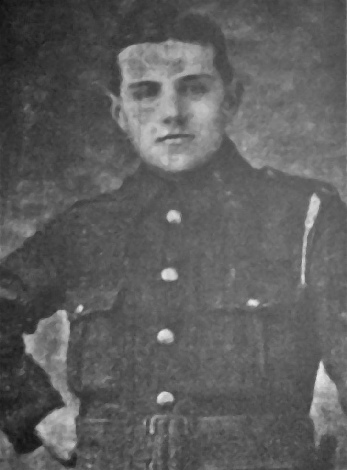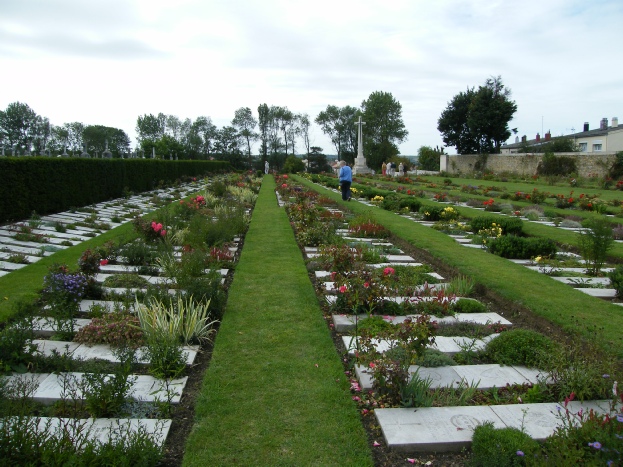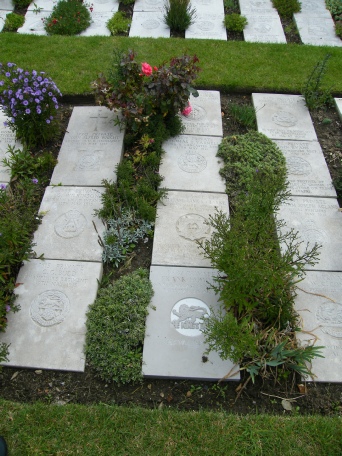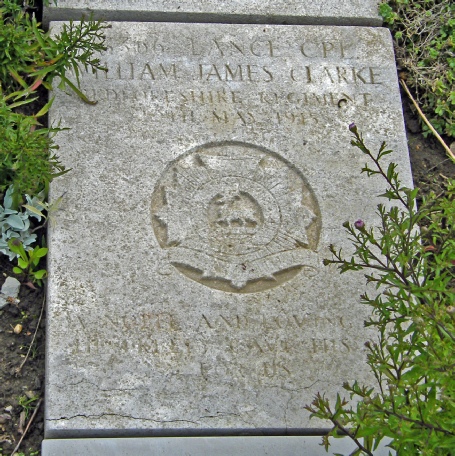|
|
Source |
||||
|
CWGC |
SDGW |
Uttoxeter Advertiser |
Other |
||
|
Parents |
James and Maud Mary Clarke |
Yes |
|
7d |
5 6h |
|
Mr J Clarke |
|
|
7b 7c |
|
|
|
Where born |
Grappenhall, Cheshire |
|
|
|
|
|
Thelwall, Cheshire |
|
|
|
6h |
|
|
When born |
About 1893 |
|
|
|
|
|
Address |
Parents: Heath Cross Nurseries, Uttoxeter |
Yes |
|
7b 7c 7d |
5 |
|
36 Heath Cross, Uttoxeter |
|
|
|
6h |
|
|
Uttoxeter, Staffordshire |
|
Yes |
|
|
|
|
Spouse |
|
|
|
|
|
|
Children |
|
|
|
|
|
|
Employment Before Joining up |
Reporter with the Uttoxeter Advertiser newspaper |
|
|
7a 7b |
|
|
Uttoxeter Advertiser and Railway Gazette |
|
|
7a 7c |
5 |
|
|
Where enlisted |
Westminster, Middlesex |
|
Yes |
|
|
|
Regiment |
Bedfordshire |
Yes |
Yes |
7b, 7c, 7d |
5 8 |
|
Battalion |
1st Bn. |
|
|
7b, 7c, 7d |
5 8 |
|
Rank |
Lance Corporal |
|
|
7b, 7c, 7d |
5 |
|
Service Number |
13366 |
Yes |
Yes |
|
5 8 |
|
Date of Death |
20 May 1915 |
Yes |
Yes |
7d |
5 8 |
|
Age at time of death |
22 |
Yes |
|
7c 7d |
|
|
Where Killed or died |
Boulogne |
|
|
7d |
5 |
|
France |
|
|
|
8 |
|
|
France/Flanders |
|
Yes |
|
|
|
|
How he died |
Died of Woumds |
Yes |
Yes |
7d |
5 8 |
|
Died of wounds - |
|
|
|
5 |
|
|
Died from wounds received at Ypres |
|
|
7d |
|
|
|
Died of wounds – Shattered leg turned to blood poisoning |
|
|
7c |
|
|
|
Location of Grave or Memorial |
Boulogne Eastern Cemetery Grave VIII.D.29. |
Yes |
|
|
|
|
Boulogne Soldiers’ Cemetery |
|
|
7d |
|
|
|
Awards |
1915 Star – Roll K/2/2 Page B13 |
|
|
|
8 |
|
British War Medal – Roll K/2/104B4, Page 372 |
|
|
|
8 |
|
|
Victory Medal – Roll K/2/104B4, Page 372 |
|
|
|
8 |
|

|
Relationship to William |
Name |
Age in 1911 |
Occupation |
Where Born |
|
Father |
James |
43 |
Market Gardener |
Windermere, Westmoreland |
|
Mother |
Maud Mary |
42 |
House Wife |
Lacock, Wiltshire |
|
Uncle |
John William |
20 |
Gardener |
Windermere, Westmoreland |
|
|
WILLIAM JAMES |
18 |
Apprentice Reporter |
Thelwell, Cheshire |



